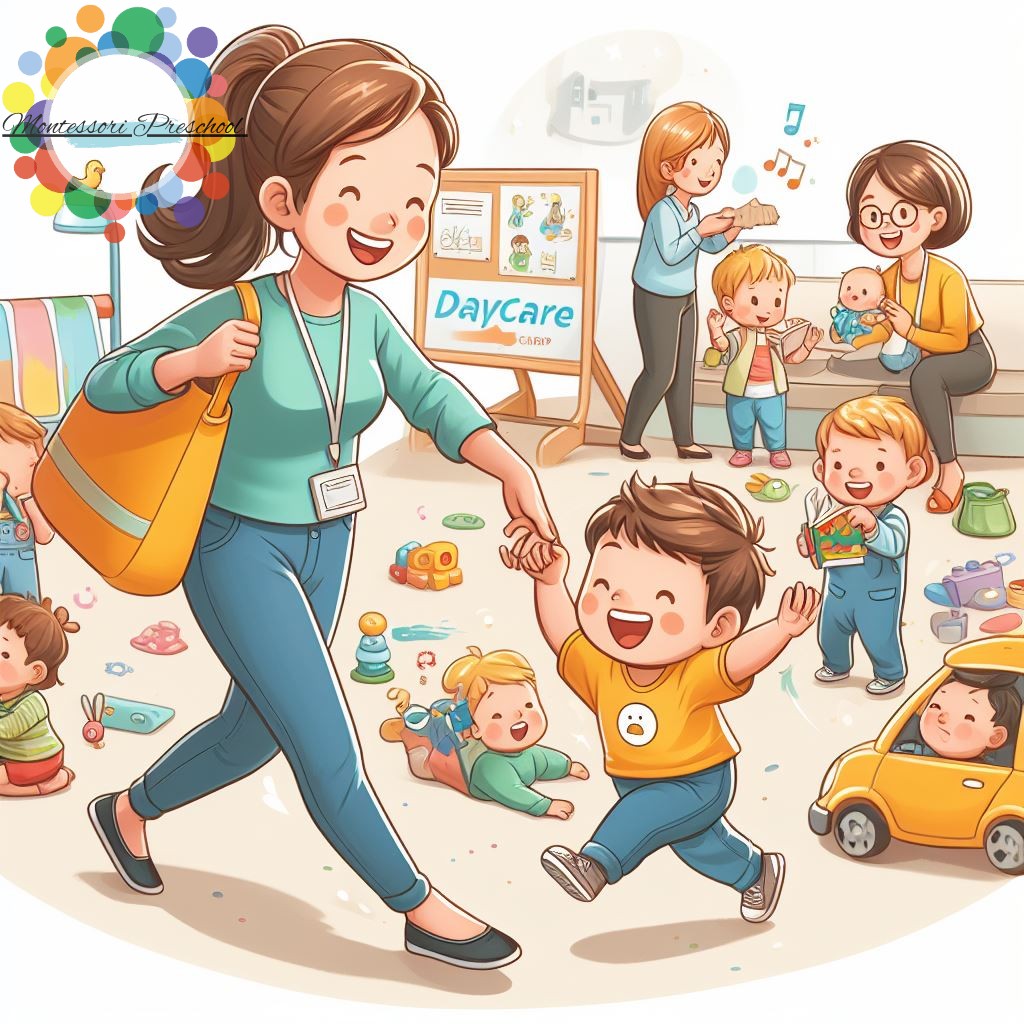
In today’s society, many 18-year-olds continue to live at home with their parents or guardians, even as they enter the stage of young adulthood. This living arrangement can bring about a unique set of challenges and opportunities as both the young adult and their parents navigate the transition from adolescence to adulthood. In this article, we will explore the legal rights and responsibilities of 18-year-olds living at home, the parental rules and household guidelines that may be established, and strategies for fostering independence and communication within the family dynamic. We will also address the financial expectations that may arise and provide tips for setting boundaries and resolving conflicts in a constructive manner.
Legal Rights for 18-Year-Olds Living at Home
As 18-year-olds transition into adulthood, they gain certain legal rights and responsibilities that may influence their living situation at home. It is important for both the young adult and their parents to be aware of these rights to promote a harmonious and respectful environment.
- Right to vote: Once an individual turns 18, they have the right to vote in elections and have their voice heard in matters of governance.
- Legal adulthood: At 18, individuals typically achieve legal adulthood, meaning they are no longer considered minors and are responsible for their own actions and decisions.
- Privacy rights: While living at home, 18-year-olds have the right to privacy, just like any other adult. However, it is essential to maintain open lines of communication and respect within the household.
- Freedom of expression: 18-year-olds have the right to express their opinions and beliefs freely. This right should be balanced with respectful communication and consideration for others.
- Financial independence: With legal adulthood comes the opportunity for 18-year-olds to manage their own finances, including earning income, opening bank accounts, and applying for credit.
- Legal obligations: Along with rights, 18-year-olds also have legal obligations, such as following the law, paying taxes, and fulfilling any contractual agreements they may enter into.
It is important to note that legal rights and responsibilities may vary depending on the jurisdiction and local laws. Consulting legal resources or professionals can provide specific guidance for individual circumstances.
Parental Rules for 18-Year Olds Living at Home
While 18-year-olds gain legal autonomy, parents often continue to provide guidance and establish rules to ensure a healthy and supportive living environment. These rules are designed to foster personal growth, responsibility, and mutual respect.
- Curfew: Establishing a reasonable curfew can help the young adult maintain a consistent routine and avoid potentially dangerous situations.
- Chores and responsibilities: Encouraging 18-year-olds to contribute to household chores teaches them valuable life skills and promotes a sense of responsibility.
- Respectful communication: Parents can set expectations for open and respectful communication within the household, ensuring that conflicts are resolved in a healthy manner.
- Financial expectations: Discussing financial responsibilities, such as contributing to household expenses or maintaining a part-time job, can help 18-year-olds develop financial independence and accountability.
- Academic pursuits: Encouraging continued education or setting expectations for academic achievement can support the young adult’s personal and professional growth.
- Guest policies: Establishing guidelines for guests and overnight stays can help maintain a peaceful and comfortable living environment for everyone in the household.
Parents should approach these rules with flexibility and open dialogue, allowing 18-year-olds to express their opinions and negotiate certain boundaries. Finding a balance between parental guidance and respecting the young adult’s growing independence is key.
Responsibilities of 18 Year Olds Living at Home
Living at home as an 18-year-old comes with a set of responsibilities. Embracing these responsibilities can help young adults navigate their transition into adulthood and contribute positively to their family and community.
- Self-care and personal hygiene: Encouraging 18-year-olds to take care of their physical and mental well-being fosters a sense of independence and personal responsibility.
- Financial management: Learning to manage finances responsibly, including budgeting, saving, and paying bills, is an essential skill for adulthood.
- Education and career development: Taking initiative in educational pursuits and career development sets the groundwork for future success and personal growth.
- Household contributions: Assisting with household tasks, such as cooking, cleaning, and maintaining personal spaces, helps create a harmonious living environment.
- Respect for family rules: Following parental rules and guidelines demonstrates respect for the household dynamic and strengthens familial relationships.
Household Rules for 18 Year Olds Living at Home
To ensure a smooth cohabitation, it can be beneficial for both parents and 18-year-olds to establish clear household rules and expectations. These rules provide structure and promote a sense of responsibility for all members of the household.
- Communication: Encouraging open and respectful communication ensures that everyone’s needs and concerns are heard and addressed.
- Curfew and overnight stays: Establishing clear guidelines regarding curfew and overnight stays helps maintain a sense of safety and accountability.
- Chores and responsibilities: Dividing household chores and responsibilities equitably among family members encourages cooperation and shared accountability.
- Technology usage: Setting boundaries on technology usage promotes healthy habits and balanced family interactions.
- Guest policies: Clarifying expectations for guests, such as giving advance notice or limiting the number of visitors, helps maintain a peaceful living environment.
- Conflict resolution: Establishing guidelines for resolving conflicts in a respectful manner fosters healthy communication and understanding within the family unit.
Independence for 18-Year-Olds Living at Home
While living at home, 18-year-olds often strive for independence and self-sufficiency. Parents can support this growth by fostering a sense of autonomy and providing opportunities for personal development.
- Encourage decision-making: Allowing 18-year-olds to make decisions, within reason, fosters self-confidence and critical thinking skills.
- Offer guidance, not control: Rather than exerting control, provide guidance and support as young adults navigate life choices and challenges.
- Respect personal space: Recognize the importance of privacy and personal space for young adults, allowing them a sense of autonomy within the family home.
- Encourage goal setting: Facilitate conversations about long-term and short-term goals to help young adults develop a sense of purpose and direction.
Transitioning to Adulthood While Living at Home
The transition from adolescence to adulthood can be a significant period of change for both young adults and their parents. It is important to approach this transition with patience, understanding, and open communication.
- Embrace evolving roles: Recognize that parent-child dynamics may shift as 18-year-olds gain independence and navigate their own paths.
- Encourage self-discovery: Support young adults in exploring their interests and passions as they discover their identity and future aspirations.
- Maintain emotional connection: Foster emotional connection and support through active listening, empathy, and validating the young adult’s experiences and emotions.
- Promote self-advocacy: Encourage 18-year-olds to advocate for themselves, whether it be in educational settings, healthcare, or other areas of life.
Rights and Responsibilities of Young Adults Living at Home
As young adults embrace their rights and navigate their responsibilities, it is essential to maintain a balance between autonomy and respect within the family dynamic.
- Open lines of communication: Actively listen to each other’s perspectives, share thoughts and concerns, and engage in meaningful conversations.
- Seek compromises: Finding compromises that satisfy both the young adult’s desire for independence and the parent’s need for reassurance can help maintain harmony within the household.
- Mutual respect: Establish a foundation of respect for each other’s boundaries, opinions, and choices to create an environment conducive to growth and understanding.
- Recognize individuality: Celebrate the unique qualities and aspirations of each family member, fostering an environment that supports personal growth and exploration.
Setting Boundaries for 18-Year-Olds Living at Home
Establishing clear boundaries can help young adults and their parents navigate the transition from adolescence to adulthood while living under the same roof.
- Establish expectations: Clearly communicate expectations and responsibilities to ensure mutual understanding and minimize conflicts.
- Flexibility and negotiation: Create an environment where both parents and young adults can negotiate and find common ground on issues such as curfews, household tasks, and personal boundaries.
- Respect privacy: Respect boundaries regarding personal space, belongings, and privacy, promoting a sense of autonomy and independence.
- Accountability: Encourage young adults to take responsibility for their actions and decisions, fostering a sense of ownership and personal growth.
Financial Expectations for 18-Year-Olds Living at Home
While living at home, 18-year-olds may be expected to contribute to household expenses and develop financial independence. This prepares them for future financial responsibilities as they transition into adulthood.
- Part-time employment: Encourage 18-year-olds to explore part-time job opportunities to earn income and develop valuable skills.
- Budgeting and saving: Teach young adults about budgeting, saving, and managing their finances, helping them develop responsible financial habits.
- Contributing to household expenses: Discuss expectations for contributing to household expenses, such as rent, utilities, or groceries, based on the young adult’s income and financial capabilities.
Communication and Conflict Resolution for 18-Year-Olds Living at Home
Effective communication and conflict resolution skills are crucial for maintaining a healthy and harmonious family environment.
- Active listening: Encourage active listening, where both the young adult and parents focus on understanding each other’s perspectives without interrupting or judging.
- Use “I” statements: Encourage the use of “I” statements during conflicts to express feelings and concerns without pointing blame.
- Seek compromise: Promote collaborative problem-solving and compromise to find win-win solutions that meet both parties’ needs.
- Respectful expression of emotions: Encourage the expression of emotions in a respectful manner, allowing everyone to be heard and validated without resorting to anger or hostility.
Living at home as an 18-year-old brings about a unique set of challenges and opportunities. By understanding and respecting legal rights, establishing clear rules and boundaries, fostering autonomy and independence, and promoting open and healthy communication, both young adults and parents can navigate this transitional period successfully. Balancing rights, responsibilities, and independence allows for personal growth, strengthens familial relationships, and prepares 18-year-olds for the responsibilities and challenges that lie ahead in adulthood.



